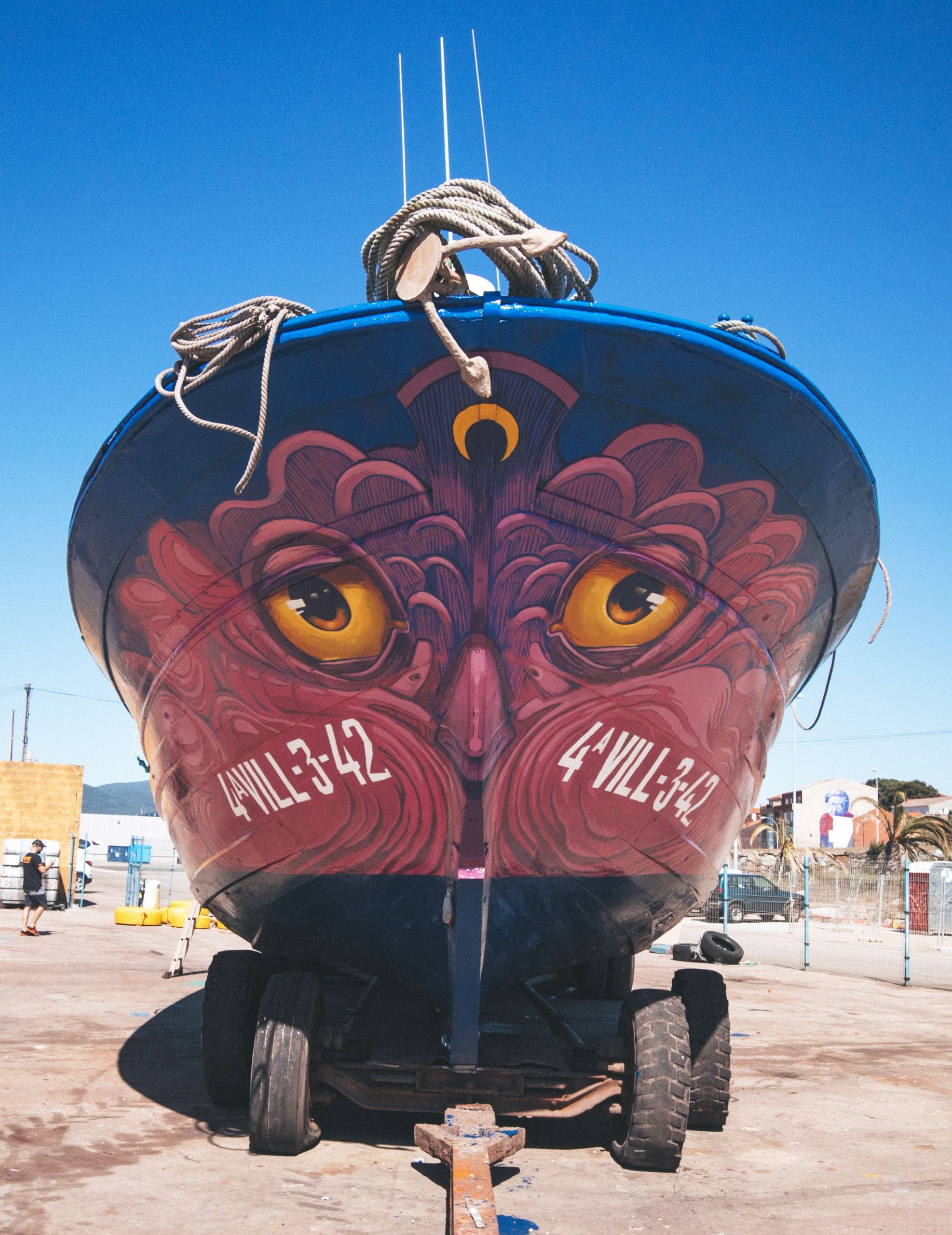News
Curated Important News


Events and Announcements
Highlights
06 Apr 2024- TO -06 Apr 2024
24 Apr 2024- TO -24 Apr 2024




